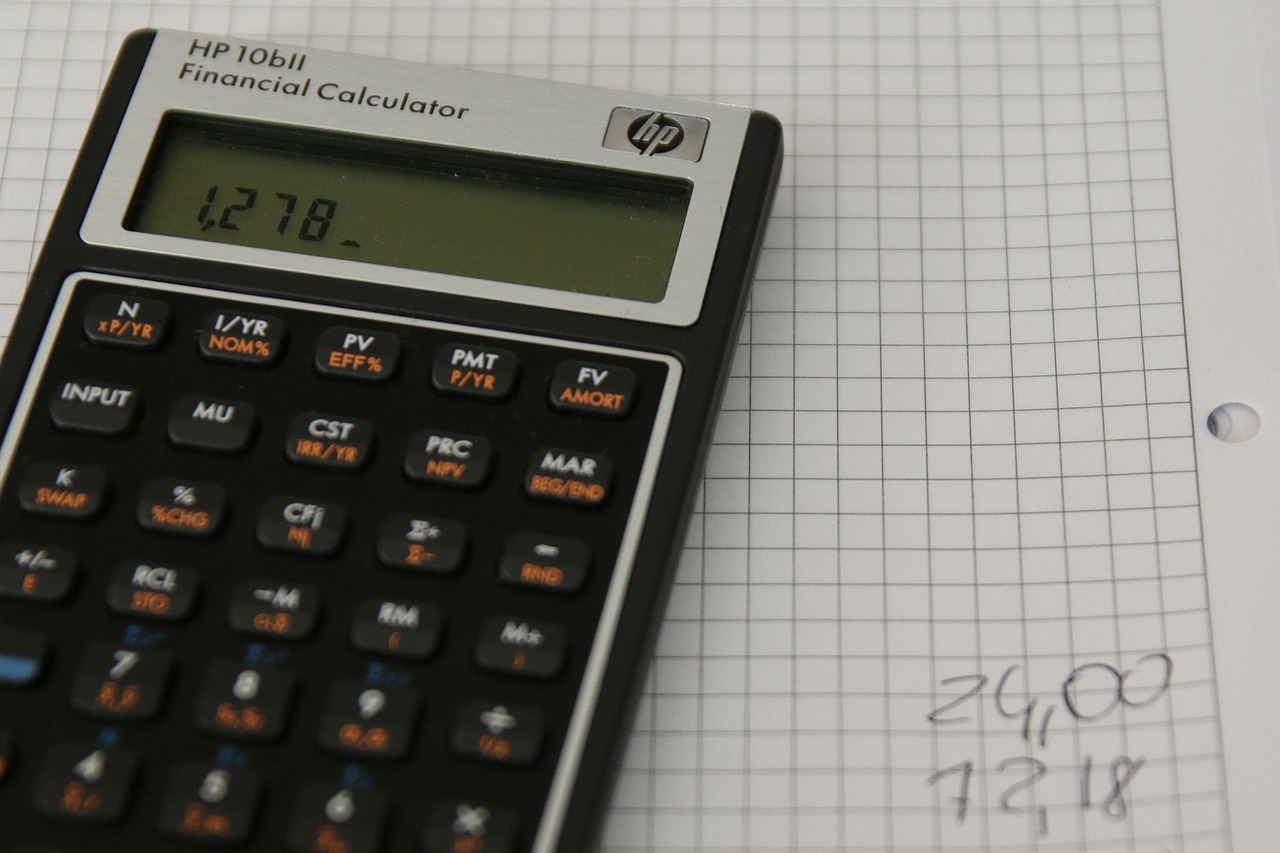Tax efficiency for the small business
Posted on 30th March 2022
Any business wants to be as tax efficient as possible but lowering the amount of tax you pay can be a quite a challenge.
Business owners, of course, want to pay the correct amount of tax, but it goes without saying that they also don't want to pay more than is necessary. By ensuring that your company runs as efficiently as possible, you could increase your profit margins and enhance cash flow, whilst strengthening your company.
Of course, the first stage is determined by the type of business structure you have:
As a sole trader you are likely to pay income tax, like if you were employed; whereas with a limited corporation, the company itself pays the tax on any profit made. The corporation then pays you an income, which you may be taxed on again.
There may be additional taxes that you must pay. An accountant, such as Abaqus, can assist with your tax management.
Business expenses are an area in which you may be able to reclaim or reduce tax, but you should remember that, and it is worth underlining this in bold type, that all trading (or revenue) expenses must have been incurred wholly and exclusively for the purposes of running the business to be allowable for tax purposes. What this means is that the costs must have been incurred while performing business or trying to attract more business.
The list below, from HMRC, outlines the costs you can claim as allowable expenses:
office costs, for example stationery or phone bills
travel costs, for example fuel, parking, train or bus fares
clothing expenses, for example uniforms
staff costs, for example salaries or subcontractor costs
things you buy to sell on, for example stock or raw materials
financial costs, for example insurance or bank charges
costs of your business premises, for example heating, lighting, business rates
advertising or marketing, for example website costs
training courses related to your business, for example refresher courses
Usually, you can claim relief from corporation tax by offsetting losses against profits, if your business makes a loss in a given tax year (such as from trading, selling assets, or on property income). As standard, this is done through your business's tax return and through your self-assessment tax return if self-employed. As an example, losses can also be carried over to offset earnings in subsequent years, reducing the amount of tax you owe the following year.
If we can help further on this complicated subject, give us a call on 01452 596765 or drop us an email at tom@askabaqus.com to go through your options.
Share this post:






